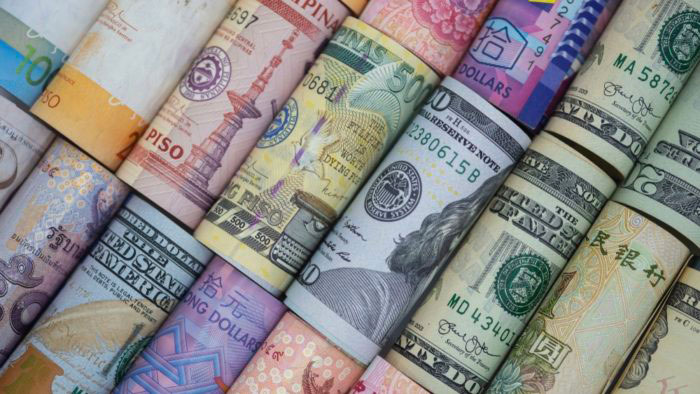EURO CONTINUED TO DEPRICIATE WHERAS YEN & INR RECORD LOW

The Japanese yen weakened past 146 per dollar, sinking to its lowest in 24 years and moving past levels that prompted Japanese authorities to intervene in the currency markets last month for the first time since 1998. The yen has come under constant pressure due to a widening policy divergence, as the Bank of Japan committed to ultra-easy policies to support a fragile economy while the US Federal Reserve aggressively raised interest rates to combat surging inflation. This has led to even broader interest rate differentials, with the benchmark 10-year US yield trading about 375 basis points higher than its Japanese counterpart. Rising raw materials and energy costs also weighed on the currency, as it forces Japanese firms to purchase even more dollars to settle imports. Meanwhile, Finance Minister Shunichi Suzuki said that authorities will take necessary steps if needed, but added that the speed of change rather than the level is a more important factor.
The euro continued to depreciate to $0.97 in the second week of October, moving toward a 20-year low of $0.95 hit on September 27th after a US jobs report gave a boost to the dollar and supported higher interest rate hikes by the Federal Reserve. The euro remains under pressure amid fears about a looming recession in the Eurozone, making it more difficult for the ECB to tighten the monetary policy. Markets expect the ECB to hike rates by large increments in the October and December meeting, but the pace of the rate-hike cycle next year could slow. The latest economic data showed retail sales in the bloc fell for the third straight month in August and updated PMIs indicated falling GDP, with the rate of decline gathering momentum over the third quarter. The winter outlook is likely to worsen even more if the energy crisis deepens.
British pound weakened past $1.1 in the second week of October, as the Bank of England Governor Andrew Bailey stated the BoE would halt its intervention in the gilt market at the end of the week. The GBP gave up earlier gains and fell over 1% on the news. Bailey urged funds and pensions to finish unwinding untenable positions, saying, “You’ve got to get this done.” Pension funds responded with requests that the BoE continue its bond-buying program as financial stability is still far from certain. The program was first instituted to prevent a "fire-sale" in the bond market by pension funds. The sterling has been under heavy selling pressure amid persistent concerns about the country's economic outlook and a new tax cut plan announced last month, high inflation, and doubts about whether the BoE will be able to protect the economy and control inflation, at a time the Fed continues with its hawkish stance, sending the dollar higher.
The Indian rupee steadied around 82.4 per dollar after hitting a record low of 82.8, as the Reserve Bank of India reportedly sold dollars again through state-run banks to support its currency. An analyst said that RBI’s latest intervention efforts were not more aggressive than previous sessions, but noted that the rupee responded more as a function of current levels, Reuters reported. India’s currency declined steadily this year and sank to record lows as the US Federal Reserve embarked on a historic tightening campaign to combat surging inflation, driving the dollar to record highs against emerging market currencies. The rupee was also being pressured by rising oil prices, with OPEC+ announcing a large supply cut, forcing Indian buyers to purchase even more dollars to settle oil imports.


